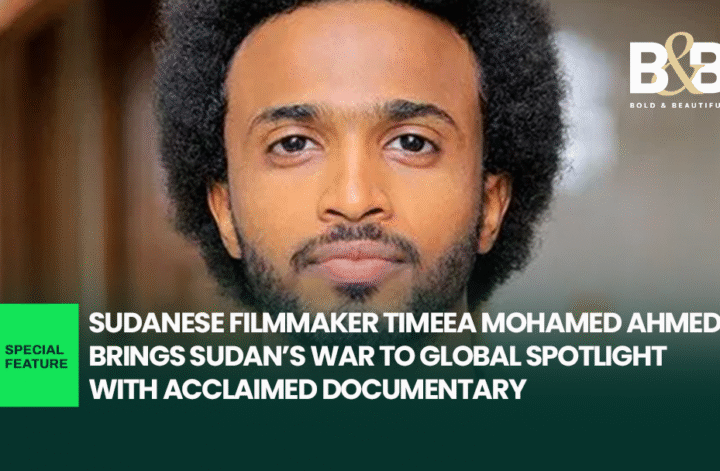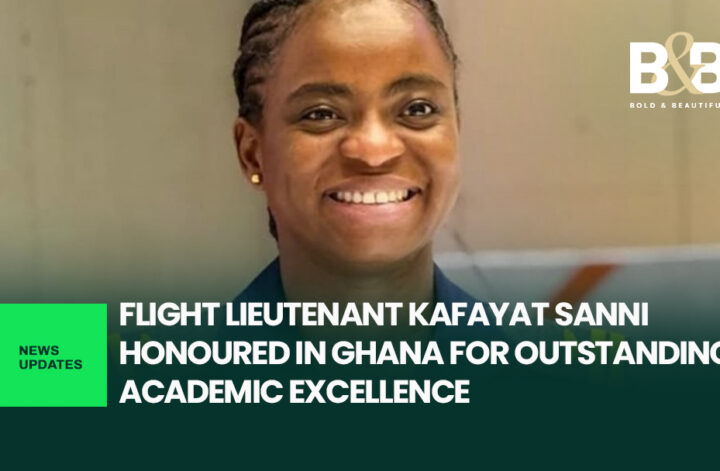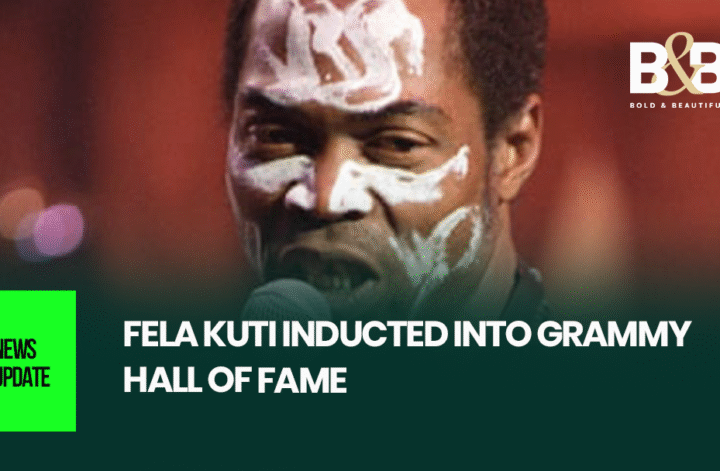There is a particular kind of power that lives in stories told by those who lived them. Sudanese filmmaker Timeea Mohamed Ahmed has not only lived through the trauma of conflict but has done what few are brave or skilled enough to do: shape that experience into a cinematic truth that speaks across borders, languages, and politics.

As one of the four co-directors of Khartoum, a gripping documentary capturing the human cost of the ongoing war in Sudan, Timeea has emerged as a singular voice in African cinema, not just because of his technical skill but because of her emotional clarity. His work is not an act of nostalgia nor victimhood. It is documentation. It is resistance. It is testimony.
When Khartoum premiered earlier this year at the Sundance Film Festival, it landed like a quiet earthquake. With raw footage, intimate storytelling, and unflinching honesty, the film carried its viewers directly into the streets, homes, and hearts of Sudanese civilians who, like Timeea, were forced to flee their country as violence tore it apart. The audience response was immediate and visceral. The documentary was later honoured at the Berlinale, affirming its global relevance and artistic excellence.

But Timeea’s journey into filmmaking is not born of accolades. It is born of urgency. Born and raised in Sudan, he began as a video editor, carving a space for herself in a male-dominated industry while Sudanese media was still finding its voice. His early work focused on community stories, small, everyday lives that revealed the strength and struggle of ordinary people. When the war escalated, so did the importance of her work.
What makes Timeea’s contribution to Khartoum extraordinary is not just the footage or the craft, but the fact that he edited portions of the film in transit, at times under unstable conditions. He was both subject and storyteller, navigating borders and bureaucracy while archiving the collapse of her own home. Through her lens, we don’t just witness destruction — we feel its cost.
He has often said that his camera became his shield. Not in the sense of protection, but of preservation. When everything is being lost, capturing truth becomes an act of reclaiming control. For many Sudanese refugees, including Timeea himself, storytelling became a lifeline — a way to remain visible in a world that too often looks away.
Timeea’s work is deeply collaborative. He speaks often of her co-directors, the team behind the project, and the Sudanese people whose stories form the heart of the film. “This is not my film,” she said during a Berlinale Q&A. “This is our collective memory. I just helped frame it.” That humility is part of what makes his leadership so profound. He does not position himself above the narrative; he is inside it, working with and for his people.

And yet, there is no denying the personal cost. Timeea, like thousands of other Sudanese, remains displaced, watching from afar as her country grapples with destruction and instability. But unlike most, he has turned exile into action. His work has become a bridge, connecting the shattered silence of conflict zones with the noise of international awareness.
Timeea’s voice is soft, but his work is loud. Through Khartoum, he has forced global audiences to reckon with stories that rarely make headlines. And more importantly, he has given a platform to those whose voices are rarely heard.
As Sudan continues to navigate its turbulent path, directors like Timeea Mohamed Ahmed remind us that art does not end war, but it can change how the world sees it. And sometimes, that is the beginning of something even more powerful.





